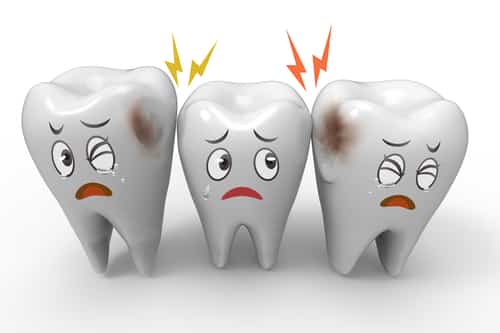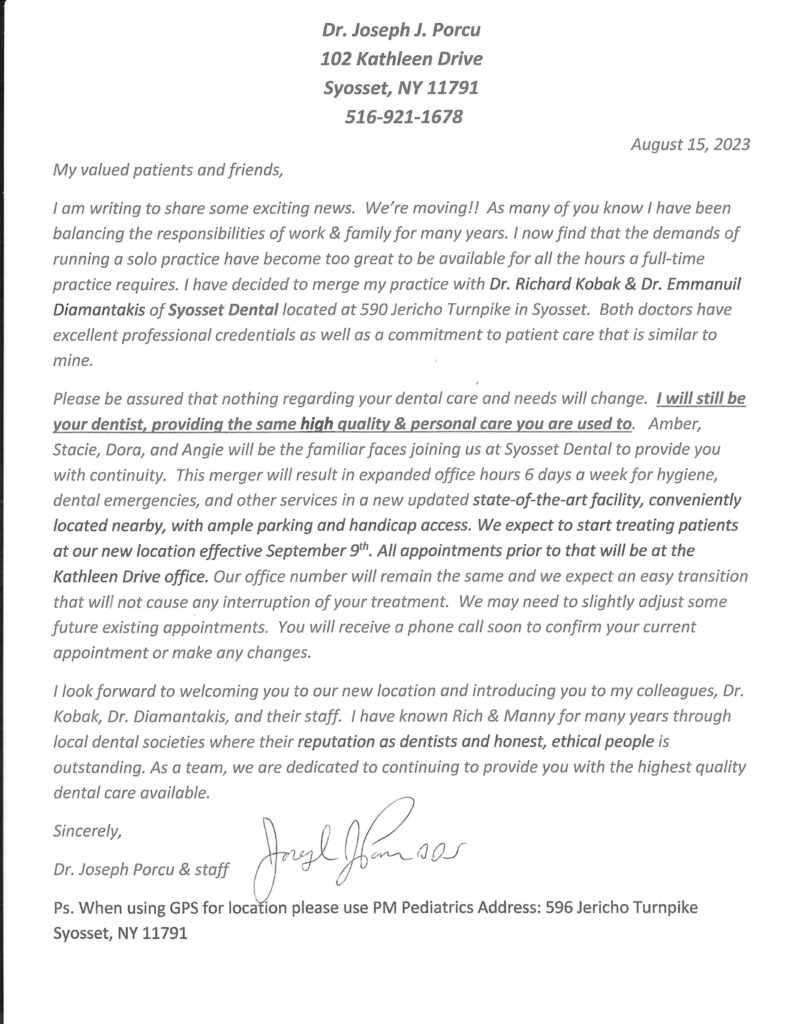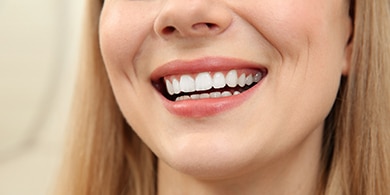 A cavity begins when bacteria breaks through the enamel on your tooth. If left untreated, the bacteria can spread and affect the inner layers, pulp, and nerve of your tooth. However, there are several things you can do to keep this from happening to any of your teeth. In many cases with younger patients, dentists may recommend dental sealants – a thin, plastic cover over the chewing surfaces of your molars. Adults can benefit from sealants as well, but there are also many other ways to prevent cavities that could prove to be just as helpful.
A cavity begins when bacteria breaks through the enamel on your tooth. If left untreated, the bacteria can spread and affect the inner layers, pulp, and nerve of your tooth. However, there are several things you can do to keep this from happening to any of your teeth. In many cases with younger patients, dentists may recommend dental sealants – a thin, plastic cover over the chewing surfaces of your molars. Adults can benefit from sealants as well, but there are also many other ways to prevent cavities that could prove to be just as helpful.
Eat A Healthy, Balanced Diet
The foods you consume go through your mouth before reaching your stomach. If you’re choosing unhealthy foods, those sugars, fats, and acids are what come in contact with your teeth and (quite often) get stuck between them!
Brush & Floss Regularly
How often do you brush and floss your teeth? This is one of the best ways to prevent cavities and infection. Often times, dentists recommend brushing twice per day and at least flossing once. If you have a lot of bacteria in your mouth, your dentist may recommend brushing or flossing more often.
Avoid Sugary, Acidic Foods
We eat a ton of foods that contain sugar – it can be hard to avoid it when you’re around it all the time. But, minimizing your sugary or acidic food intake can greatly decrease your risk for cavities. Sticky sugars are the worst culprits – sucking candies, dried fruit, sticky candies, etc. – because they can be stuck to your teeth for extended periods of time. This is how the bacteria secrete acids and cause cavities.
Visit Your Dentist As Recommended
It’s generally recommended to see your dentist every six months, although this may vary depending on your situation. Much like with brushing your teeth, your dentist may recommend that you see them more often if you’re prone to bacteria or infection to keep any additional problems at bay.











